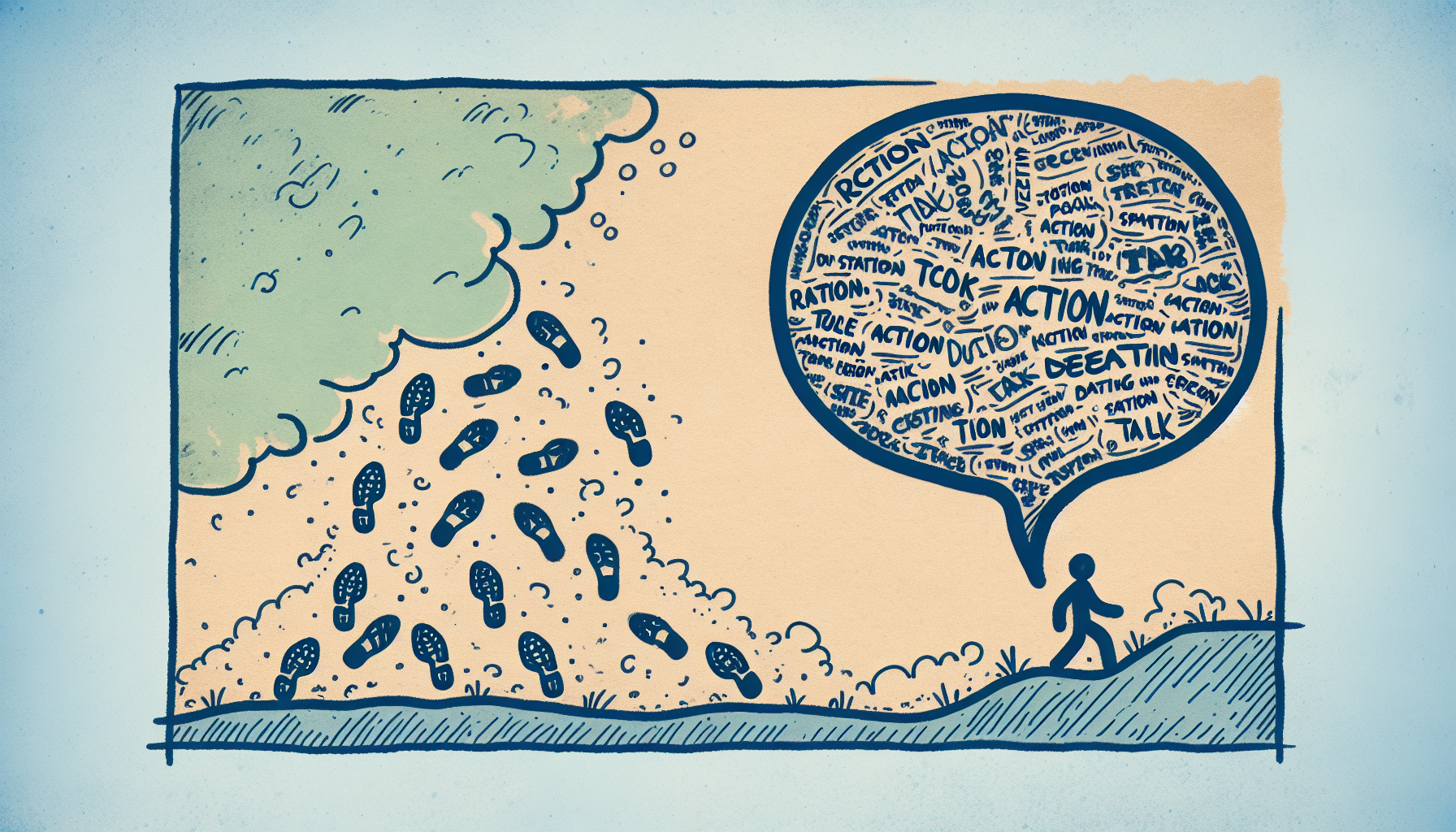Exploring Crestline's Commitment to Sustainability in Hospitality

Crestline Hotels and Resorts acknowledges that every action contributes to the larger goal of sustainability. The company's comprehensive sustainability program encompasses three primary pillars: energy efficiency, water conservation, and waste reduction.
Energy Efficiency
Crestline has made substantial investments in energy-efficient technologies across its properties. Many hotels have transitioned to energy-efficient lighting systems and high-performance HVAC systems, significantly curtailing energy consumption. The implementation of smart technology allows for real-time monitoring of energy usage, ensuring that resources are used judiciously. According to a report from the U.S. Department of Energy, energy-efficient buildings can yield a reduction of up to 30% in energy costs. This not only mitigates environmental impact but also strengthens Crestline’s financial performance.
Water Conservation
Efforts in water conservation are equally commendable. Crestline has installed low-flow fixtures in guest accommodations and communal areas, which have proven effective in minimizing water usage. Additionally, the company has collaborated with local organizations to implement rainwater harvesting systems across various locations. This innovative approach enables Crestline to utilize rainwater for landscaping and irrigation, further conserving precious water resources.
Waste Reduction
Crestline's initiatives regarding waste reduction are noteworthy. The company has established recycling programs and composting initiatives across its properties, encouraging guests to participate actively. By placing accessible recycling bins throughout the hotels, Crestline has successfully diverted over 40% of waste from landfills in some locations—a remarkable achievement in the hospitality industry. This not only benefits the environment but also cultivates a culture of sustainability among guests.
Promoting Local Cultures and Community Development
Crestline’s commitment to sustainability is not confined to its internal practices; it extends outward to support the communities in which it operates. The company emphasizes the importance of promoting local cultures and economies by sourcing products and services from nearby vendors, which reduces transportation emissions and invigorates local businesses.
Local Art and Farm-to-Table Dining
Many Crestline properties showcase local artwork and crafts, highlighting the creativity of regional artists and artisans. This not only enriches the aesthetic experience for guests but also fosters a connection to the local culture. Additionally, Crestline collaborates with nearby farms and suppliers to offer farm-to-table dining experiences, allowing guests to savor fresh, locally sourced meals. This practice not only enhances guest satisfaction but also reinforces community ties and supports local agriculture.
Social Responsibility Initiatives
Crestline is also deeply invested in social responsibility initiatives. Employees are encouraged to engage in local volunteer opportunities, support local charities, and participate in community events. This commitment to community engagement not only strengthens ties with local residents but also creates a positive ripple effect in the areas where the hotels operate.
Crestline Hotels and Resorts exemplifies a model for sustainability in the hospitality industry. Through a well-rounded approach focusing on energy efficiency, water conservation, and waste reduction, the company demonstrates that profitability and environmental stewardship can coexist. By promoting local cultures and engaging in community development, Crestline enhances the travel experience for its guests while fostering a sense of responsibility towards the destinations they visit. As the trend toward eco-conscious travel continues to grow, Crestline's commitment to sustainability is likely to resonate with travelers seeking responsible choices. By enhancing its reputation as a leader in sustainable hospitality, Crestline not only contributes to a more sustainable future for the industry but also proves that hospitality and environmental responsibility can indeed go hand in hand. In a world where every choice matters, Crestline Hotels and Resorts is paving the way for a greener, more sustainable hospitality landscape. Through its innovative and conscientious practices, Crestline sets a standard for others in the industry, illustrating that the path to sustainability is not only feasible but also beneficial for businesses, communities, and the environment alike. As we move forward, it is organizations like Crestline that will lead the charge in fostering a hospitality sector that is as responsible as it is welcoming.
Sustainability Manager in Hospitality
Crestline Hotels and Resorts, Marriott International, Hilton Hotels
Core Responsibilities
Develop and implement sustainability initiatives across hotel properties, focusing on energy efficiency, waste reduction, and water conservation.
Conduct audits of current practices and identify areas for improvement to enhance environmental performance.
Collaborate with local organizations to promote community engagement and sustainable sourcing practices.
Required Skills
Strong knowledge of environmental regulations and sustainability frameworks.
Excellent project management skills with the ability to lead cross-functional teams.
Proficiency in data analysis and reporting, with experience in sustainability metrics.
Director of Community Engagement
Crestline Hotels and Resorts, Hyatt Hotels, Four Seasons
Core Responsibilities
Design and oversee programs that foster relationships between the hotel and local communities, enhancing social responsibility efforts.
Develop partnerships with local artists, farmers, and vendors to promote cultural and economic sustainability.
Organize volunteer opportunities and community events for hotel staff and guests.
Required Skills
Exceptional communication and interpersonal skills to effectively engage with diverse community stakeholders.
Experience in community development or social impact roles, particularly in the hospitality industry.
Strong organizational skills to manage multiple projects and initiatives simultaneously.
Eco-Friendly Interior Designer
Crestline Hotels and Resorts, Kimpton Hotels, boutique hotel chains
Core Responsibilities
Conceptualize and design sustainable interiors for hotel properties, prioritizing eco-friendly materials and practices.
Collaborate with architects and contractors to ensure compliance with sustainability standards throughout the design process.
Create designs that reflect local culture and aesthetics while promoting energy efficiency.
Required Skills
Proficiency in design software (e.g., AutoCAD, SketchUp) and knowledge of sustainable design principles.
Strong understanding of green building certifications (e.g., LEED, Green Globes) and eco-friendly materials.
Creative vision and ability to integrate local artistic elements into design.
Food and Beverage Sustainability Coordinator
Crestline Hotels and Resorts, Marriott International, local farm-to-table restaurants
Core Responsibilities
Oversee the implementation of farm-to-table initiatives and local sourcing for hotel restaurants and catering services.
Work with chefs and suppliers to develop menus that emphasize sustainability and seasonality.
Monitor food waste and develop strategies to minimize waste through composting and partnerships with local charities.
Required Skills
Culinary background or experience in food service management with a focus on sustainability.
Knowledge of local agriculture and sustainable farming practices.
Strong analytical skills to track and report on sustainability metrics in food and beverage operations.
Green Technology Specialist
Crestline Hotels and Resorts, major hotel chains embracing sustainability, energy consultancy firms
Core Responsibilities
Research and implement cutting-edge green technologies aimed at improving energy efficiency in hotel operations.
Monitor and analyze energy usage data to identify trends and opportunities for improvement.
Train staff on the use and benefits of sustainable technologies such as smart lighting and HVAC systems.
Required Skills
Technical expertise in energy management systems, renewable energy sources, and smart technologies.
Strong problem-solving skills and the ability to convey complex information to non-technical staff.
Experience in conducting technology assessments and managing implementation projects.


